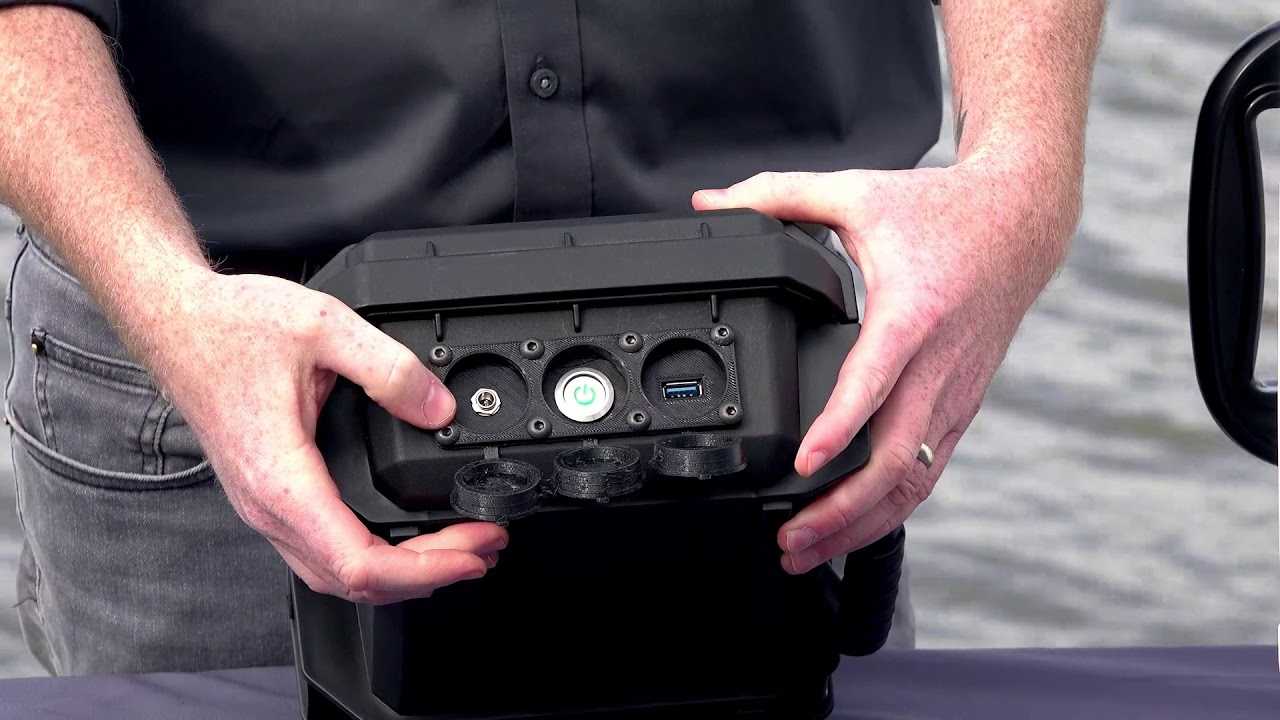
Mobile Command Units are used by Public Safety
Enabling communication in disaster areas with limited or ineffective communication networks can boost logistics and help ground responders accomplish their mission with lots of ease. The Richmond, Virginia-based VAR and wireless hardware deployment firm, Connected Solutions Group, LLC (CSG), is by all estimates America’s fastest-growing telecommunications company in the delivery of high-value LTE cellular data network and 5G solutions. CGI is doing a lot to bridge the glaring gap between the development and utilization of M2M connectivity and Internet of Things (IoT) projects. The company’s turnkey solutions include Mobile Device Management (MDM) installation and support, device staging and kitting, custom programming, and swaps and upgrades. Working closely with the hardware deployment company is Mobile Command Units or Mobile Command Center (MCC). MCC buses and trucks are usually deployed to boost or relaunch communication and coordination services when special security events or emergencies occur. Below are eight ways public safety organizations use mobile command units:
Ease of logistics
One important capability embedded in the multifunctional vehicles is Computer-Aided Dispatch (CAD) systems that interface with 911 centers and neighboring support agencies. Onboard mobile technologies are vital in decision-making as they supply real-time data to incident command. Businesses with large operations and a handful of employees can also invest in MCC as a vital installation to take care of emergencies and other services that require rapid human intervention.
Reduced response time
When a public safety operation, especially an emergency service or law enforcement effort, is underway, the MCC will reduce the response time. Instead of uplifting injured people to health facilities, healthcare providers can use the onboard treatment facility to treat and save lives. Recent analysis shows that MCC’s have been deployed successfully during human-made disasters, community outreach efforts, and natural disasters like the category 3 Hurricane Sandy that swept across the US Atlantic coast in 2012.
Enhanced customization
Dispatch teams can customize the center of operations inside the MCC to fit different purposes. Common layouts for MCC feature a conference area, 4-to-8 person dispatch area, small kitchenette, and monitoring area with multiple screens and smartboards. With sufficient budget and operational know-how, an organization can order a custom-built MCC with all the necessary gadgets. Cost is an important factor when performing customization.
Advanced capabilities
The capabilities you can expect in a well-kitted MCC include a weather station, mesh network, cellular and satellite, power generator, computer workstation, radio system frequencies (VHF, UHF, and Megahertz), video capture, and security imaging and surveillance equipment. A public safety organization such as the local police station can also opt to rent out the utility vehicle to defray labor and additional maintenance costs.
Flexibility and deployment
When a security situation occurs in a remote area, moving critical heavy equipment across town and large swathes of land can be time-consuming and expensive. An MCC will help the dispatch team carry out speedy security and surveillance operations since all the equipment and technology needed for the operations will be onboard. If the operation’s scale is massive, the utility vehicle can stay on-site for more days until the exercise ends.
Equipment protection and operability
MCC design and capability make it possible to provide and store loads of equipment for various operations. Dispatch teams can also use ample space to ensure the sensitive security apparatus is safeguarded. With massive installations like the portable power unit, weather and other elements cannot get into the way of operation. The utility vehicle can also be transformed into a temporary office, eliminating the need to set up an outdoor tent or seek separate accommodation in the middle of a security or emergency event.
Rapid presence at the scene
Driving an MCC to an event’s epicenter can be convenient and send a signal that you mean business. For heavy police operations, would-be offenders will quickly read the signs and think again before committing a crime. MCC’s ability to serve as a mobile crime lab makes it an ideal area to perform area surveillance and localized crime investigations. On their part, hospitals and other health service providers can turn the command vehicles into a mobile medical treatment facility offering emergency services.
Promote regional collaboration
MCC can enhance multi-agency collaboration to achieve mission success. For instance, dispatchers from command centers can work with firefighters on the ground to respond quickly and more effectively to massive events like wildfires. The multifunctional vehicle can store more public safety equipment and house fully-functional workstations for dispatchers and call-takers. For added advantage, advanced MCC’s vehicles now feature solar power units, drone technology interface, and Geofencing for rapid assessment and deployment of responders.





